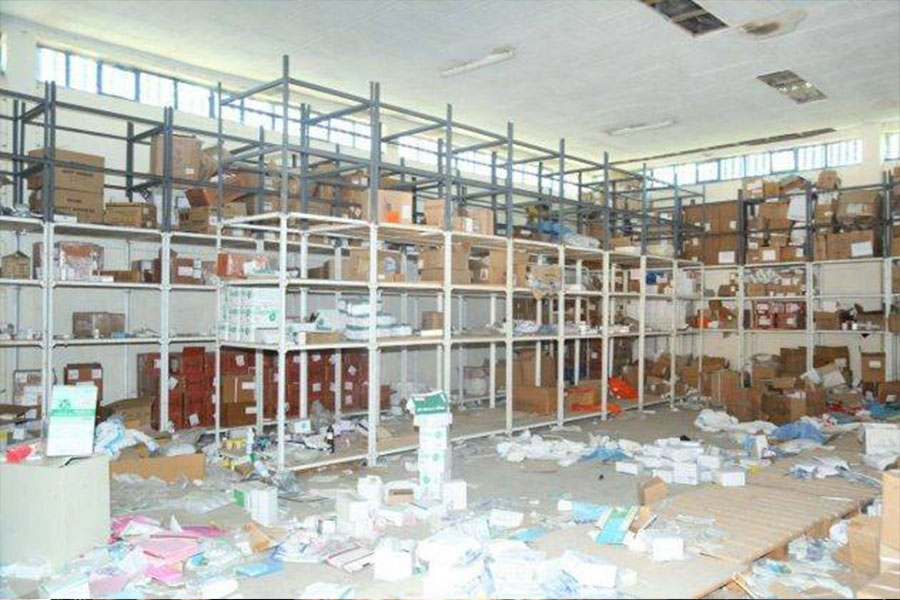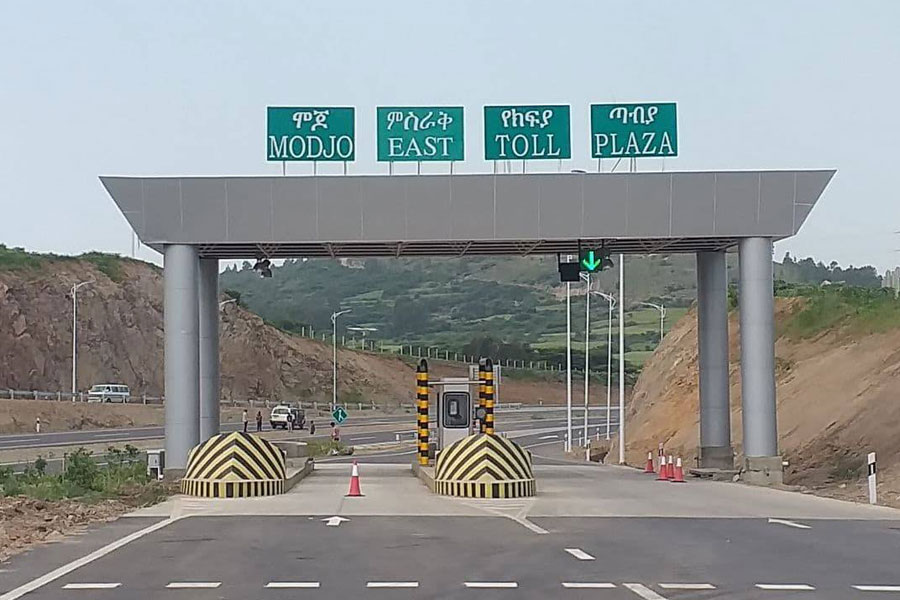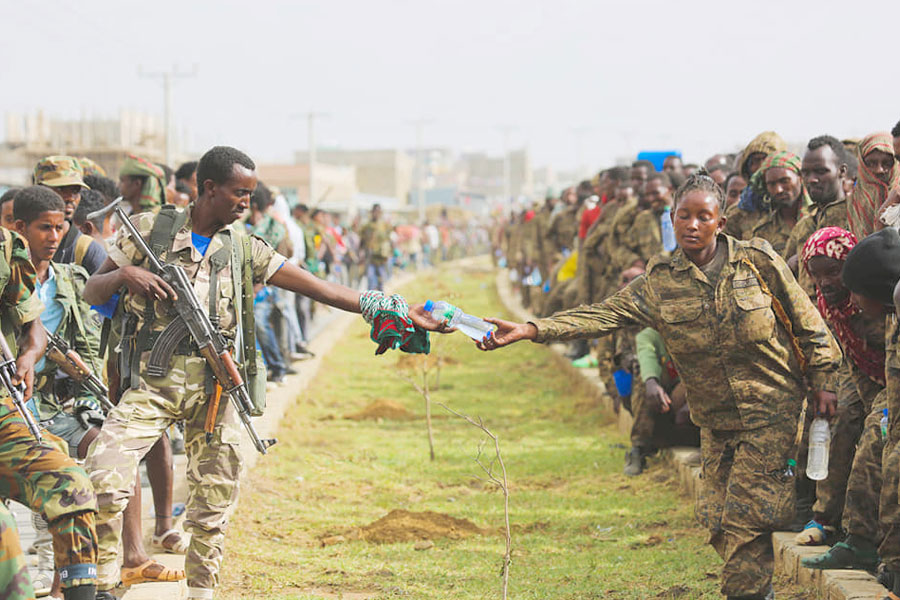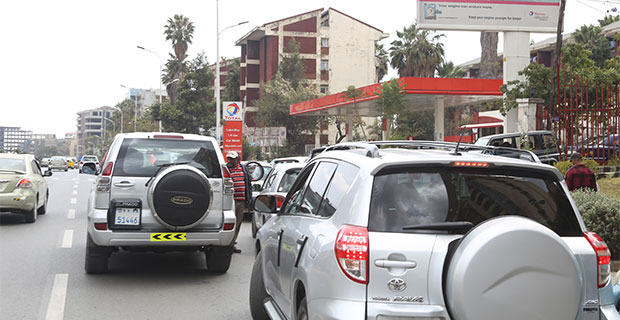
Fortune News | Dec 19,2021
Jun 22 , 2019
By Hintsa Andebrhan
As the current chairman of the Inter-Governmental Authority on Development (IGAD), Prime Minster Abiy Ahmed (PhD) is in the front line of the mediation effort to bring agreement between the opposition coalition and the Transitional Military Council. Both in his position as IGAD chairman and the Prime Minister of a neighbouring country, he should be commended for his efforts. And of course, all people of good will wish him success. Not only for his case but also for the sake of the people of Sudan.
Unfortunately, so far success is proving to be elusive. We are all finding out that foreign diplomacy is a complex matter. We are learning that just because fighting factions get into the same room and hug and kiss in front of the cameras, it does not mean there will be peace. They could hug in the afternoon and shoot at each other in the evening.
What makes peacemaking especially difficult in Sudan is the involvement of so many actors. There are so many countries from near and far that are keenly interested in the political affairs of Sudan. And their agendas are at cross purposes to each other.
Ever since it became clear that strongman Omar Al-Bashir’s grip on power was loosening, there was a scramble to influence the direction of the revolution.
Egypt, as always, is deeply involved in Sudanese politics. Saudi Arabia and the United Arab Emirates were at the forefront of the scramble. On the other side, Qatar and Turkey were behind the scenes with Iran, all vying for influence.
The US, initially disinterested in getting involved, wanted to let its allies, the Saudis and the Emiratis, handle the mess. And coming up with three billion dollars to prop up the military leadership, they seemed to take control of the situation. Lieutenant General Abdul Fattah Burhan was made to feel welcome by the Saudi-Emirati coalition. They made it clear to him and the world that they are ready to work with him and are supportive of his leadership.
Armed with this support and feeling confident, the military council unleashed its special forces on the protesters camped out on the streets of Khartoum. Both the ruthlessness and cruelty, to say nothing of the accusations of rape, were meant to send a clear signal that the days of the revolution were over. The military is in charge as always. That was the moment the revolution was hijacked.
The very next day, the African Union passed a decision to suspend Sudan from its membership. Ironically, Eritrea came out strongly condemning this decision by the AU.
I happen to agree with the Eritrean position for the simple reason that I don’t believe that the AU can help the people of Sudan by kicking the country out. Besides, look at the record of the AU in other conflicts in Africa. I do not see them doing much for Libya. That country is a mess now. I do not see them doing much for Mali either. The French government is doing more for Mali in fighting extremists than the AU.
However, the formula that worked for the Gulf monarchs in Egypt was supposed to be replicated in Sudan to steal a people’s revolution. It has succeeded to a certain extent. The operation in Khartoum has not been as efficient as in Cairo.
The mess in Khartoum and the international outcry, as well as the continued resistance of the Sudanese people, have forced the US to have second thoughts. The State Department is finally trying to take back control from outsourcing US foreign policy to its Gulf allies. They have appointed Donald Booth, a veteran diplomat, to look after their interests instead of depending on the Saudis and Emiratis, who would like to see the military to take control to ensure there is no chance of another Arab Spring.
“They are sending a message to the Saudis and the UAE that we want a civilian government and that they should stop supporting this military regime that is violating human rights and is, at its basic form, the Janjaweed militia,” says Herman J. Cohen, former ambassador and assistant secretary of state for African affairs.
From my perspective, what I see is all countries trying to influence the situation in Sudan to best serve their interests. Ethiopia should not be an exception to this. The instability of Sudan will affect Ethiopia more than any other country. Therefore, even more than mediation, PM Abiy should put Ethiopia’s national interest front and centre.
PUBLISHED ON
Jun 22,2019 [ VOL
20 , NO
999]


Fortune News | Dec 19,2021

Films Review | Jul 13,2019

Radar | Jul 11,2021

Fortune News | Mar 19,2022

Fortune News | Jul 03,2021

Fortune News | May 21,2022

Agenda | Mar 06,2021

Fortune News | May 28,2022

Radar | Sep 10,2021

Delicate Number | Oct 23,2021

My Opinion | 131970 Views | Aug 14,2021

My Opinion | 128359 Views | Aug 21,2021

My Opinion | 126297 Views | Sep 10,2021

My Opinion | 123912 Views | Aug 07,2021

Dec 22 , 2024 . By TIZITA SHEWAFERAW
Charged with transforming colossal state-owned enterprises into modern and competitiv...

Aug 18 , 2024 . By AKSAH ITALO
Although predictable Yonas Zerihun's job in the ride-hailing service is not immune to...

Jul 28 , 2024 . By TIZITA SHEWAFERAW
Unhabitual, perhaps too many, Samuel Gebreyohannes, 38, used to occasionally enjoy a couple of beers at breakfast. However, he recently swit...

Jul 13 , 2024 . By AKSAH ITALO
Investors who rely on tractors, trucks, and field vehicles for commuting, transporting commodities, and f...

Jul 5 , 2025
Six years ago, Ethiopia was the darling of international liberal commentators. A year...

Jun 28 , 2025
Meseret Damtie, the assertive auditor general, has never been shy about naming names...

Jun 21 , 2025
A well-worn adage says, “Budget is not destiny, but it is direction.” Examining t...

Jun 14 , 2025
Yet again, the Horn of Africa is bracing for trouble. A region already frayed by wars...

Jul 6 , 2025 . By BEZAWIT HULUAGER
The federal legislature gave Prime Minister Abiy Ahmed (PhD) what he wanted: a 1.9 tr...

Jul 6 , 2025 . By YITBAREK GETACHEW
In a city rising skyward at breakneck speed, a reckoning has arrived. Authorities in...

Jul 6 , 2025 . By NAHOM AYELE
A landmark directive from the Ministry of Finance signals a paradigm shift in the cou...

Jul 6 , 2025 . By NAHOM AYELE
Awash Bank has announced plans to establish a dedicated investment banking subsidiary...